Description
In 2013, I was walking in the tea alley of Lincang (Yunnan Province, China) and silently entered the shops looking at the displayed tea. Most sellers tried to offer me something they wanted to get rid of, so I kept silent and smiled. One lady, whose name I can’t remember, invited me to drink tea straight away, I refused and just pointed to the boxes with a pantomime question if I could see the tea inside. She nodded her hand in agreement. So I started looking at the tea in detail and was surprised by the quality and aroma of most of them. In each box was a different “Maocha” so-called sprinkled green puerh. I picked one sample with my hand and silently pointed to the gaiwan. When she made the tea, she asked me where I was from, but I preferred to keep smiling, in case the tea was not good. But its aroma, taste and fullness loosened my tongue. I asked a simple question: Zhe shi shenme cha? What kind of tea is this? She replied: Jingmai gushu cha. (Jingmai kusu cha) Hit! The lady also helped me press this tea. Since then, I only had a few cakes left from this tea, which I had stored in a porcelain barrel with a humidity of 60 degrees. The aging on the cake is not very striking, but it is visible in the pickle. What is your experience with ripening teas?
Additional Information
| Weight | 100g, 10g, 200g, 25g, 50g |
|---|---|
| Harvest year | 2013 |
Only logged in customers who have purchased this product may leave a review.

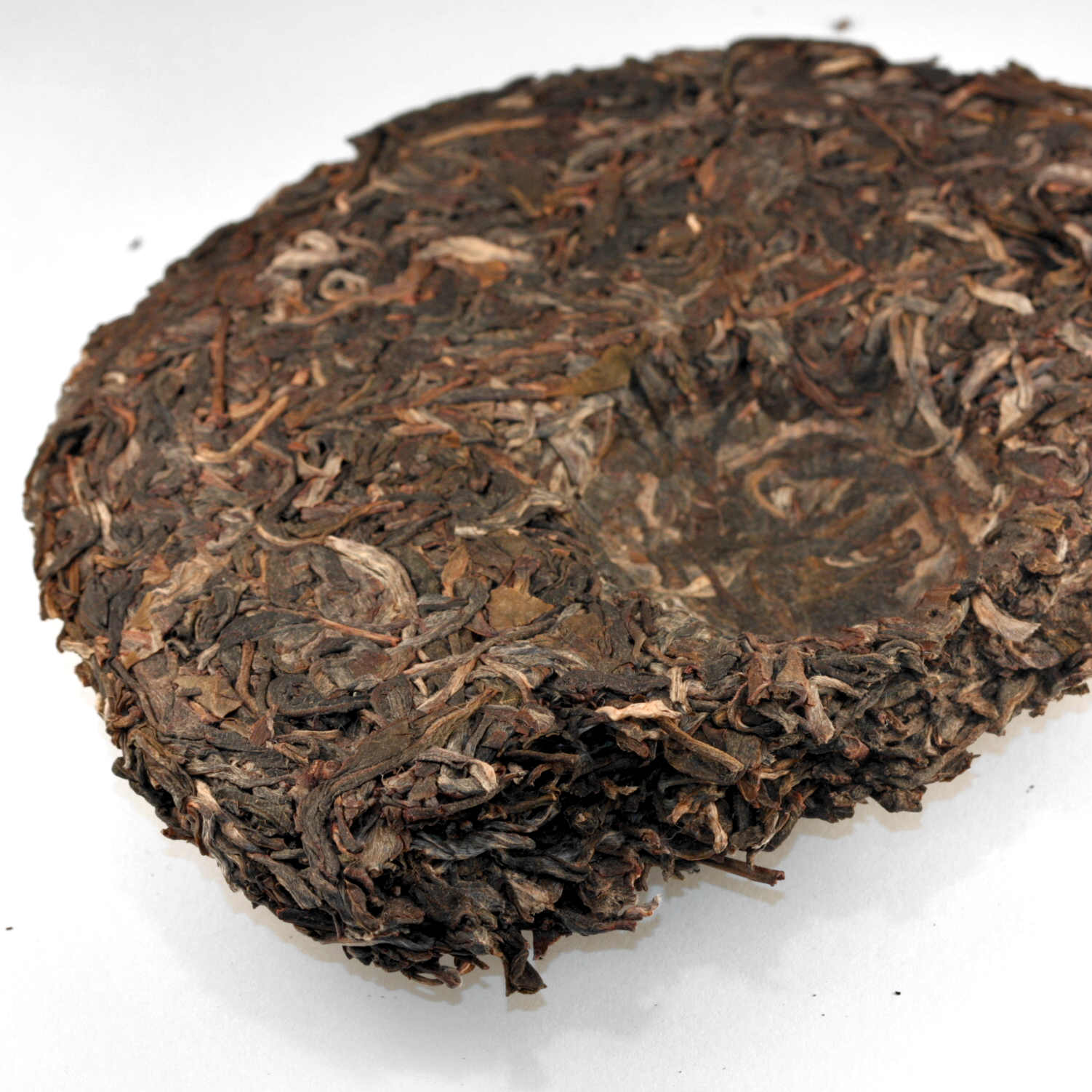
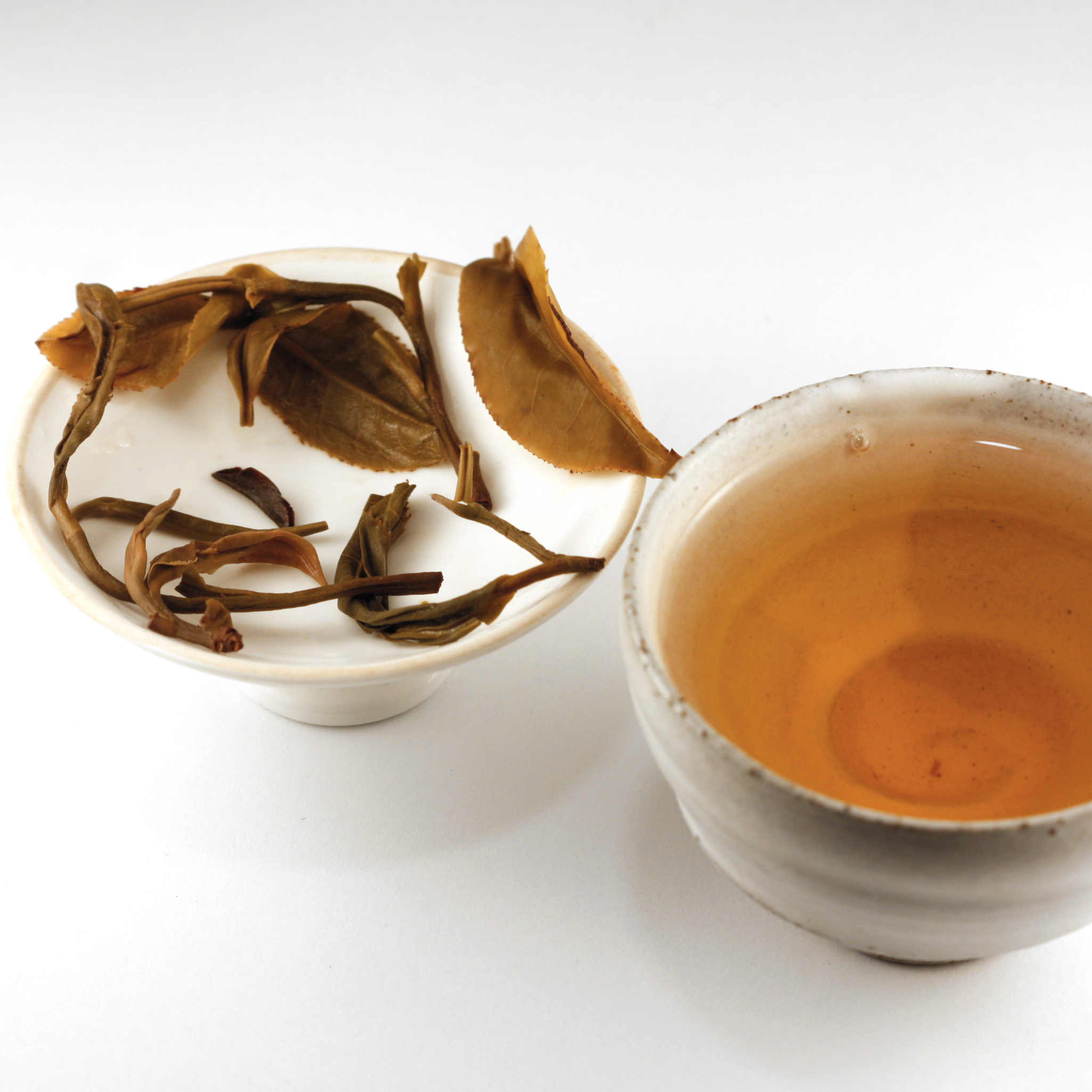
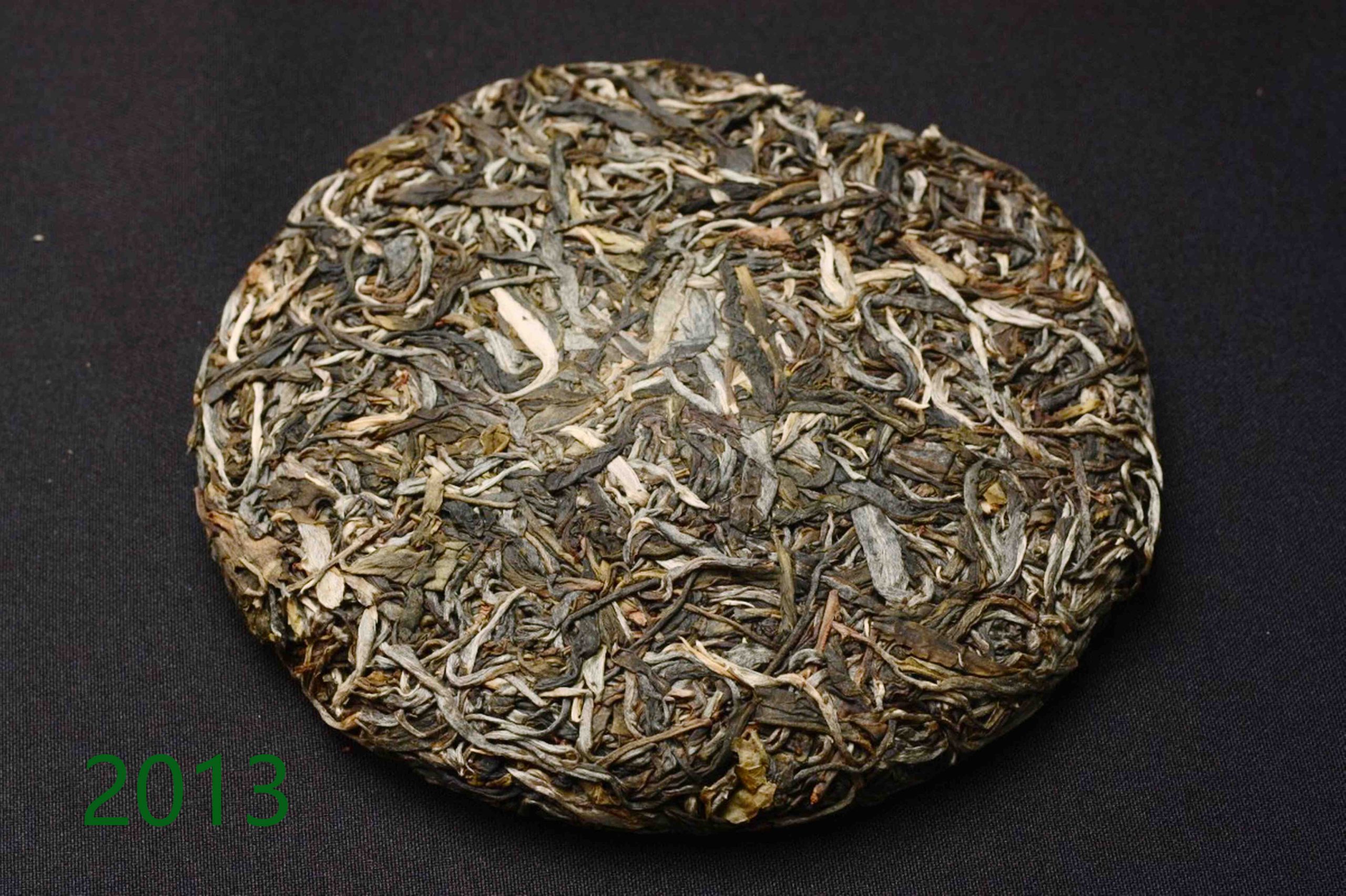

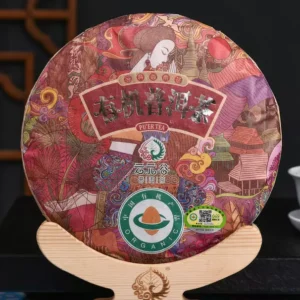
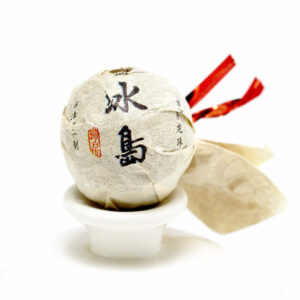
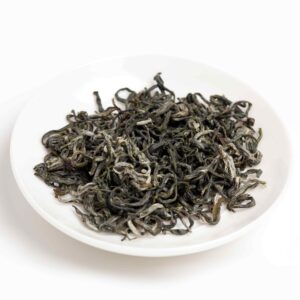
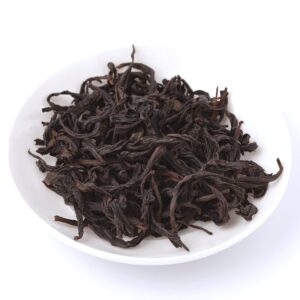
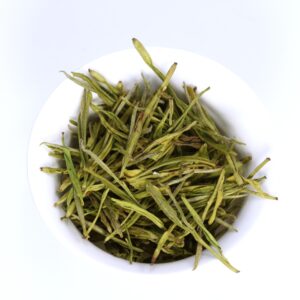
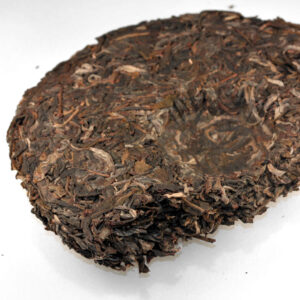
Reviews
There are no reviews yet.